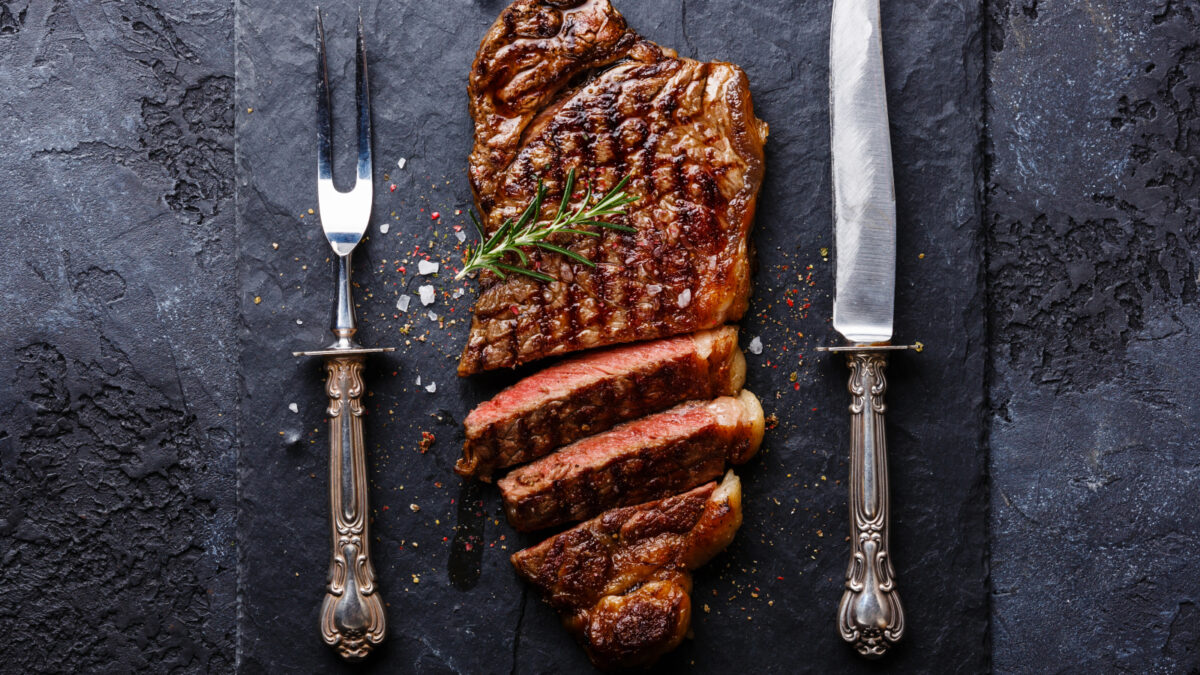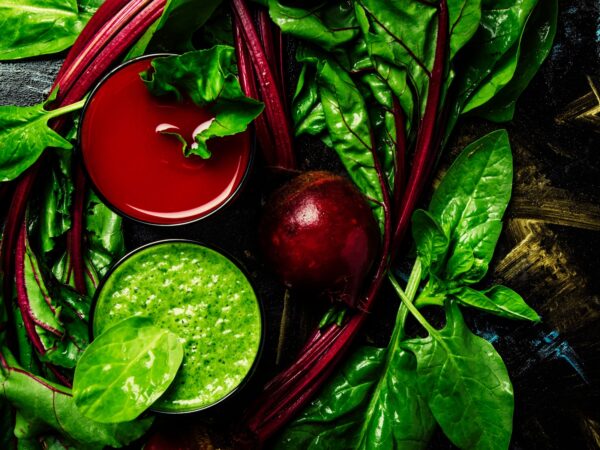Reassessing Fiber: Debunking Myths and Exploring a Zero Fiber Diet for Gut Health
It was little more than a generation ago, when avoiding dietary “fiber” was promoted as a key component of good health. In Europe and America, we used to peel our fruits and skin our vegetables… specifically to avoid the fiber. It is still a common practice in France and Italy.
But the “anti-fiber” message is not one we hear often today… in fact, we hear just the opposite.
For decades, we have been urged to increase our fiber consumption for better health. Public health authorities, doctors and natural health experts alike have incessantly recommended consuming MORE natural fiber from vegetables, beans and fruits (and also in the form of bread, pasta, cereals).
The “More-Fiber Message” has promised to improve our digestion and reduce the risk of cancer, diabetes and cardiovascular disease. And millions of people have heeded the advice, assuming you can never have too much of a “good thing”.
But has this diet lived up to its promises?
Is fiber really the healthy compound we’ve been made to believe?
The answer is no!
In fact, there is very good evidence – especially for some people – that the over-consumption of fiber can lead to serious digestive disorders, brain and neurological disorders (including Parkinson’s), dramatically boost inflammation and increase risk for cancer, heart disease and diabetes.
You’ve heard that it is important to “feed your microbiome” with fiber, probiotics, prebiotics and fermented foods. The truth is that is not always the best course.
In fact, for many people, disease can be reversed, and health can be restored by removing fiber from the diet and “pruning” the microbiome.
Dysbiosis & Chronic Disease: Fermentable Foes and Bacterial Imbalances
The health of your gut has a big impact on your overall health – from immunity to brain function.
And the health of your gut largely depends on the balance of the trillions of microbes within (and on your body) – collectively called the microbiome.
Scientific American says:
“For a long time, scientists assumed that these bacteria, despite their numbers, neither did us much harm nor much good. But in the past decade, researchers have changed their tune.”
These microbes carry out numerous vital biochemical processes. They produce nutrients. They aid in the digestion of food and elimination of waste. They also help regulate hormones and participate in detoxification.
But not all gut bugs are good bugs.
We can negatively shift our microbiome in favor of the “bad guys” with processed foods, chemicals, drugs, alcohol… and even by eating certain so-called “healthy foods”.
This imbalance is called dysbiosis and it is a key factor in promoting chronic inflammation, autoimmune disorders, food allergies, nutritional deficiencies, mood disorders, and numerous chronic diseases.
Let’s take a look at some of the conditions associated with dysbiosis:
Parkinson’s:
A recent study proved a strong overlap between inflammatory bowel diseases (like leaky gut, Crohn’s, IBD and IBS) and Parkinson’s. The prevalence of Parkinson’s was 28 percent higher in those with inflammatory bowel disease, compared to healthy controls. The cause? Imbalances of short chain fatty acids, produced by certain types of bacteria in the gut.
Depression:
Certain bacteria produce compounds called lipopolysaccharides (LPS), which can provoke immune response. Researchers in Belgium found significantly higher levels of LPS antibodies in patients with major depression than those without. The differences were so significant that levels of these microbiome-related compounds could be used to diagnose major depression with an accuracy of just over 90%.
Brain Fog:
This vague, foggy feeling is a common complaint among those with autoimmune disease and chronic pain. We now know digestive inflammation impairs gut-brain communication, which can lead to a numb feeling of “unreality”, poor focus, impaired learning and memory.
Muscle Twitches:
Leaky gut can cause deficiencies of magnesium and potassium, leading to muscle twitches, cramps and spasms.
Restless Leg Syndrome (RLS):
Studies show that people with certain gastrointestinal disorders have higher rates of RLS. People with IBS have a three-fold increased risk of RLS!
Refined carbs and sugars are the key dietary factors that promote gut dysbiosis. However, many so-called healthy fermentable fibers – like those found in asparagus, onions, garlic, artichokes and chicory – can be harmful too.
The “Healthy” Fibers Linked to IBD
Research conducted at the University of Alberta sought to uncover the role of fiber and gut microbes in people with inflammatory bowel diseases (IBD) – including Crohn’s and ulcerative colitis.
If you suffer from IBD, you know the symptoms can be excruciating. Abdominal pain, diarrhea, bloody stools and weight loss, not to mention increased risk of colorectal cancer.
It is very common for doctors and natural health practitioners to recommend for these diseases is to eat more fiber, take probiotics and consume probiotic foods.
But the researchers found it was THESE very foods causing issues for many of the IBD suffers in the study! In fact, these fiber-rich foods are especially problematic – in up to 40% of IBD sufferers – due to specific microbes being missing or malfunctioning.
The researchers are using the data gathered in the study to create a novel stool test to help people adjust their diets to prevent flares.
While more accurate diagnostic tools are always helpful, you don’t have to take a stool test or wait to get the potential benefits. If you have an inflammatory bowel disease (IBD), consider removing fiber – especially fermentable fiber – from your diet for a period of time and journal your symptoms.
If you’ve cleared your cupboard of the processed foods that could be promoting digestive issues, you might find that there’s some “innocuous” fermentable fiber lurking in foods like yogurt, baking mixes, and veggie noodle alternatives. Especially watch out for inulin or chicory root fiber, per the results of this study.
A Zero Fiber Diet Food List
A zero fiber, high-nutrient diet should include:
- Grass-fed beef, bison, and lamb
- Wild game
- Pastured pork
- Pastured poultry
- Wild seafood & roe
- Pastured eggs
- Grass-fed butter & ghee
- Pastured tallow, lard and duck fat
- Bone marrow, organ meats
A No Fiber Meal Plan
Here are a few simple no-fiber meal ideas to get you started. Keep in mind your sensitivity will vary, and you may be able to tolerate herb-based sauces (pesto, chimichurri) and even low-fiber or low-fermentable (Low FODMAP) veggies.
- Pastured Eggs & Breakfast Sausage
- Wild Shrimp Salad, Egg Salad or Salmon Salad made with Paleo Mayo
- Grass Fed Steak with Bone Marrow
- Grass Fed Steak with Buttery Wild Shrimp
- Chicken Livers with Bacon
- Pork Belly & Roasted Oysters





Leave a Reply